42 role of private labels in retail
Growth In Store Brands And Private Label: It's Not About Price ... - Forbes It isn't only, or even mostly, because of cheaper prices that consumers are flocking to private label and generic options. It is because retailers that offer high-quality store brand products have... Private Brand Definition - Investopedia Private Brand: A brand placed on products that a large manufacturer has created for a smaller retailer. The smaller retailer places their own private brand label on the final good which was ...
What Is Private Label Branding? - The Balance Small Business If you are a retailer who matches prices, private-labeled goods provide a great benefit. In many cases, you can get your supplier to make you the same product, but without their label on it. Then you can still charge full price for your product when your competition puts the branded version on sale.
Role of private labels in retail
The future of Private Brands and its Role in Retail - BRAND SECRETS AND ... Private Label quality continues to improve beyond its sales growth. Retailers & Private Label manufacturers should leverage its strengths Private Label Brands Roar At Retail - Forbes Overall, private labeling is a positive trend, although, as with everything, there will be winners and losers. It helps manufacturers who need capacity, creates loyalty for retailers who can get... Private Label : Definition, Example, Pros & Cons | Retail Dogma Private label is a concept in retailing, where a retailer contracts a third-party manufacturer to manufacture their products under certain specifications, and under a brand name that belongs to the retailer. A lot of retailers who sell multi-branded products in their store sometimes opt to private label part of their product offering to realize ...
Role of private labels in retail. Private Label is a Winning Strategy for Retail Success The reason lies in the fact that private label products are exclusively available in the store that produces them. Agility to respond to trends - Agility relates to fast response and flexibility. Since retailers have greater control over their brands, they can innovate and change faster. The potential for powerhouse Private Brands: an updated view Even as retailers have introduced new private-brand products and brands over the years, few have thought through the role of private brands in their businesses. Some private brands and products come into being simply because, for instance, a vendor offers to make a product at a lower cost and higher margin than a national brand. What is Private Labeling? [Definition, Pros, Cons & More] - Ecommerce CEO As a retailer, you have control over every part of your private label line. You can define the ingredients or components. You can control things down to the color and shape of the product. You control how the product is branded and marketed, too. When you sell branded products, people aren't becoming loyal to your company. retailing-private label - SlideShare • Private Labels are Retailers own, control, and exclusively sell store brands • Private Label are a 'Good Alternative' to Other Brands, Offering the Same Quality & Value • Private labels are regarded as good Value for Money, and Quality on Par with the Big Brands. 3.
Private Label Definition - What is Private Label - Shopify A private label product is manufactured by a contract or third-party manufacturer and sold under a retailer's brand name. As the retailer, you specify everything about the product - what goes in it, how it's packaged, what the label looks like - and pay to have it produced and delivered to your store. This is in contrast to buying ... Private Label Packaging Playing an Essential Role in Retailer Brand ... Aug 06, 2013. Retailers continue to refine their private label strategies, with packaging playing an essential role. The latest package designs put the "brand" in store brands, with smart looks that convey differentiated quality. And in some cases, the packaging also offers environmental benefits. Changes in the retail environment, supply chain ... (PDF) Food Private Label Brands: the role of consumer ... - ResearchGate Purpose - Private label brands of food products are an important component of many consumers' purchases, as well as an integral element of the retail industry. The purpose of this paper is to ... Private labels and the specific retailer's role Private labels (or own-brand products) play a prominent role for consumers in their perception of retailers' reputation. In a model where products are experience goods, a retailer has the opportunity to introduce his own store brand, or to sell a branded product.
The role of retail market power and state regulations in the ... Higher retailer market power causes retail prices of private label milk to rise faster and to fall slower. The existence of a state pricing regulation slows down the adjustment speed of retail prices of private labels back to the long-run equilibrium, regardless of whether the retail price is low or high. Citing Literature Premium private label: how product value, trust and category ... Premium private labels (PPLs) are applied to products with distinctive features with prices equal, and sometimes even higher, than those of the category leaders. The objective of the retailers is to obtain, in the minds of consumers, the same positioning of national brands. Private Labels: Their growing importance in Retailing Bergès-Sennou et al [2004] cite a survey by LSA/Fournier1 according to which the main reasons retailers develop private labels are: to increase customer loyalty (16%), to improve their positioning (18%), to improvemargins (25%) and to lower prices (33%). Figure 1 Indian retail industry has seen some ups and downs over the past. Brands Versus Private Labels: Fighting to Win - Harvard Business Review Over the past 20 years, private-label market share has averaged 14 % of U.S. dollar supermarket sales. In the depth of the 1981-1982 recession, it peaked at 17 % of sales; in 1994, when private ...
The battle for brands in a world of private labels Many consumers sense little difference between the quality of national brands and their private label counterparts as retailers focus on store brands and consumer product companies cede connections to retailers and customers. Yet there are strategies available to national brands that may level the playing field. Viewing offline content
Private labeling: Process, Advantages, and Disadvantages - Marketing91 If you run a retail store where you have to keep the products price according to your competitors, then private labeled products will be a boon for you. Most of the times, you can buy products from a supplier without their label on the products.
Turning private labels into powerhouse brands - McKinsey & Company Even as retailers have introduced new private-label products and brands over the years, few have thought through the role of private labels in their businesses. Some private-label brands and products come into being simply because, for instance, a vendor offers to make a product at a lower cost and higher margin rate than a national brand.
4 Benefits of Private Labeling for Your Brand — Century Label Private label products use the retailer's private label brand. It is up to the end retailer to design the manufacturing, packaging, and marketing - not up to you as the creator of the good, eliminating added costs. You only pay the product cost without a premium for brand name or expensive marketing campaigns. Lower Operating Costs
The Advantages of Private Label Branding | Your Business Exclusivity. Private label branding is one way to separate yourself from competitors. One of the greatest attributes of private labels is that you inherently have an exclusive right to sell the products. If you market the brand well and create demand for it, you benefit as your customers' only source. This contributes to your ability to charge ...
The Role of Private Brands and the Retail Planning Process - River Logic Private brands are, of course, those brands which are owned and produced either directly by retailers themselves, or a pool of retailers. Examples include Costco's Kirkland Signature or (originally A&P's) Eight O'Clock Coffee, which later took on a life of its own. The trend is extremely important to a retailer's survival for a number of reasons.
3 Reasons Why Retailers Are Introducing Their Own House Brands - DotActiv Advantages that retailers with house brands can enjoy include the following: 1. Improved quality. A retailer with its own brand allows itself to have complete control over the development, sourcing, warehousing, merchandising and marketing of its own products. In the past, there was a distinctive quality gap between private-label and brand-name ...
Private label - Wikipedia A private label, also called a private brand or private-label brand, is a brand owned by a company, offered by that company alongside and competing with brands from other businesses. [1] [2] A private-label brand is almost always offered exclusively by the firm that owns it, although in rare instances the brand is licensed to another company. [3]
The role of private label tiers and private label naming strategies in ... The evolution of private labels (PL) is a recent trend in the retail industry: many retailers now manage a PL portfolio that includes multiple value propositions, as well as various brand name strategies. Little research has been done, however, on how this combination of PL strategies conditions the results of the retailer that manages them.
Private labels: The role of manufacturer identification ... - Emerald The purpose of this paper is to analyze product, retailer, and individual factors from the private label brand that influence consumers' loyalty and purchase intention; along with the influence of the manufacturer identification on the product package on purchase intention. Design/methodology/approach
Private Label : Definition, Example, Pros & Cons | Retail Dogma Private label is a concept in retailing, where a retailer contracts a third-party manufacturer to manufacture their products under certain specifications, and under a brand name that belongs to the retailer. A lot of retailers who sell multi-branded products in their store sometimes opt to private label part of their product offering to realize ...
Private Label Brands Roar At Retail - Forbes Overall, private labeling is a positive trend, although, as with everything, there will be winners and losers. It helps manufacturers who need capacity, creates loyalty for retailers who can get...
The future of Private Brands and its Role in Retail - BRAND SECRETS AND ... Private Label quality continues to improve beyond its sales growth. Retailers & Private Label manufacturers should leverage its strengths
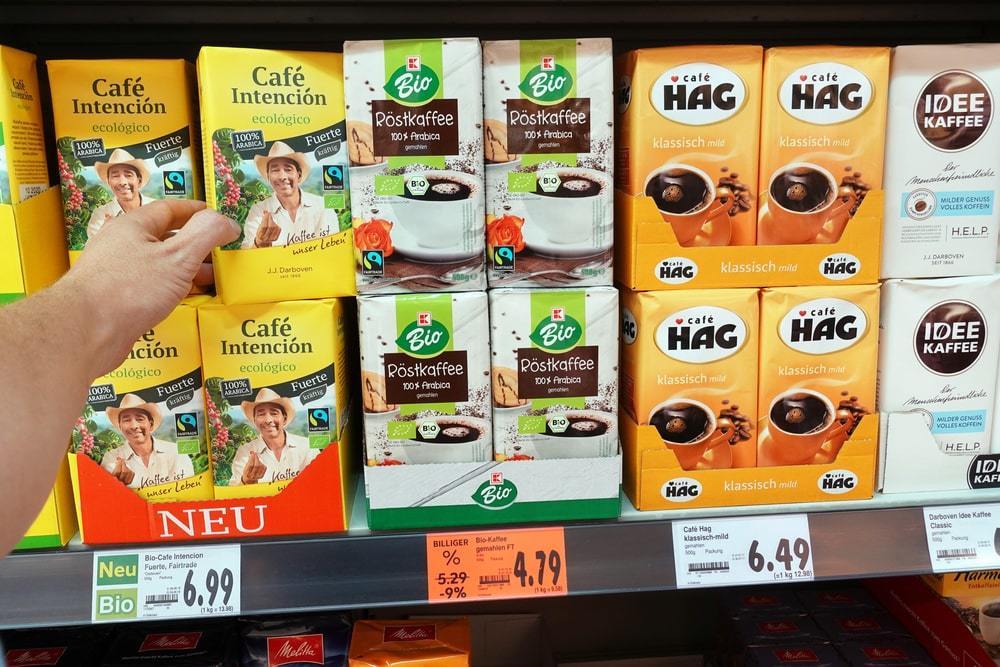



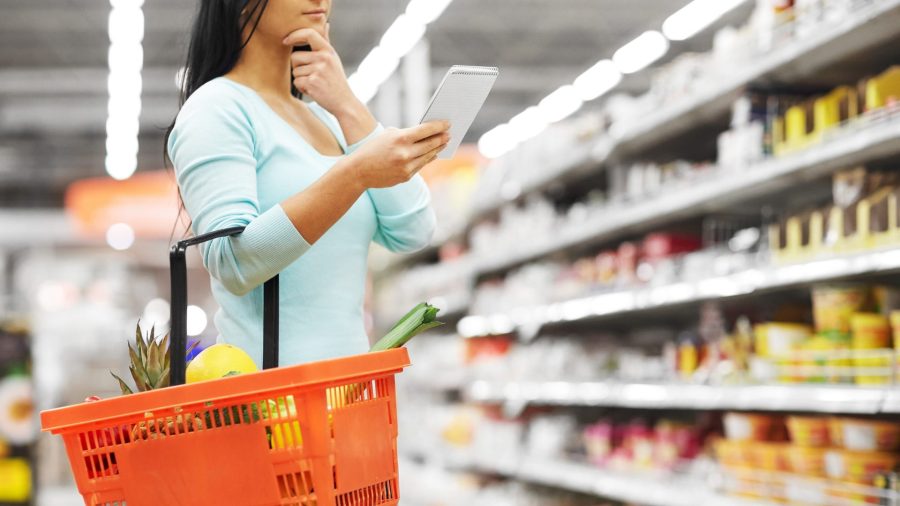


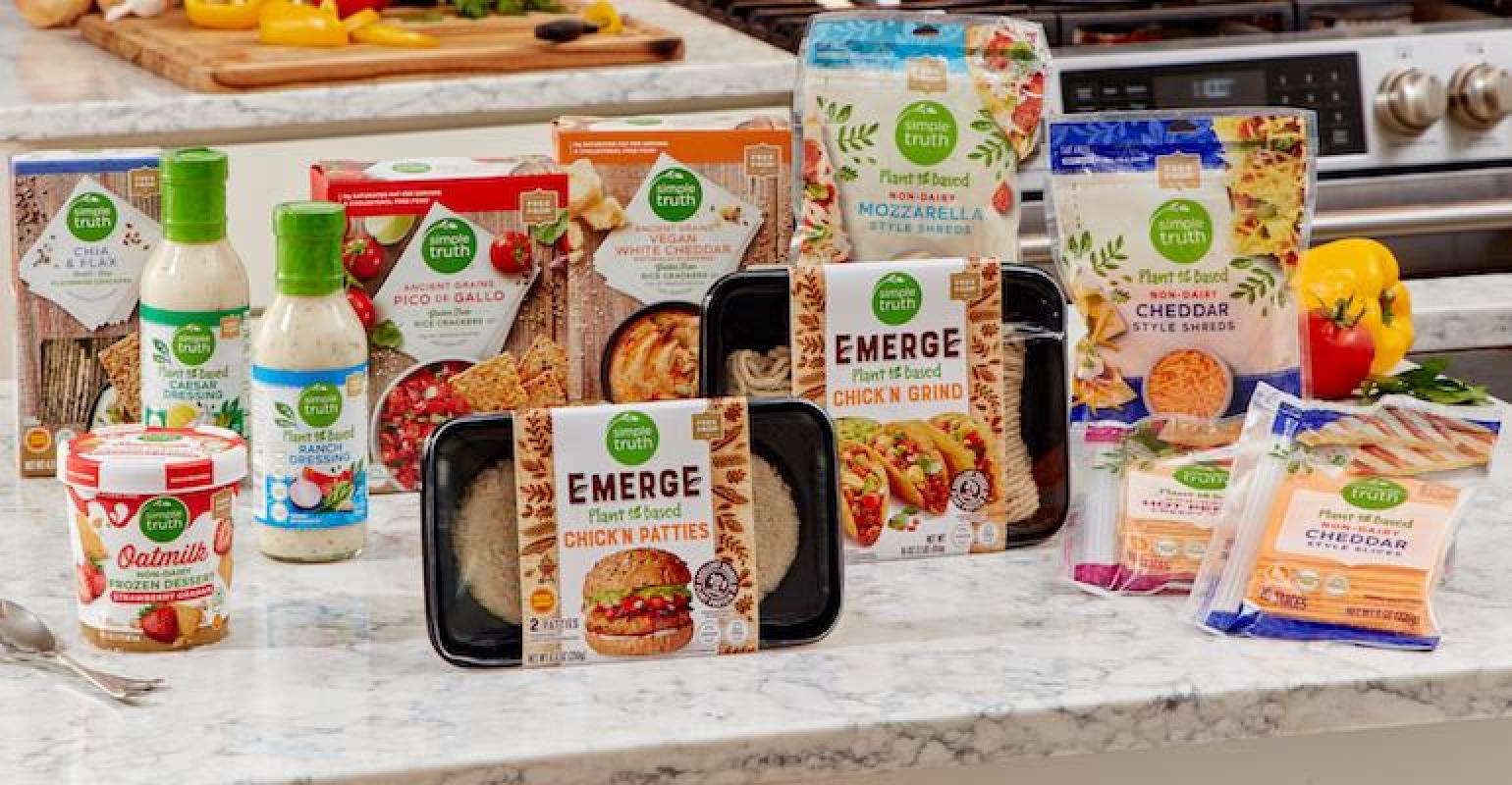
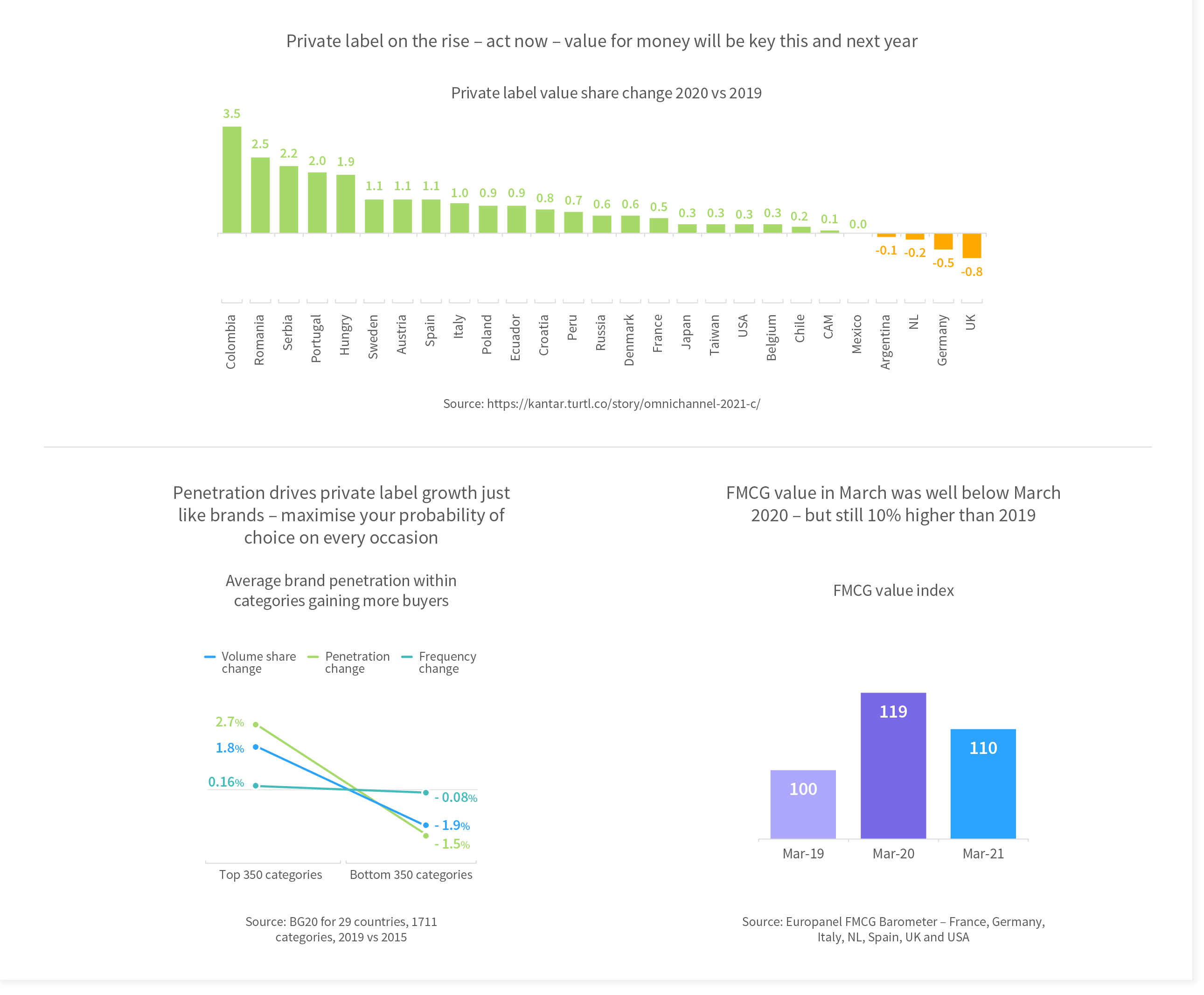

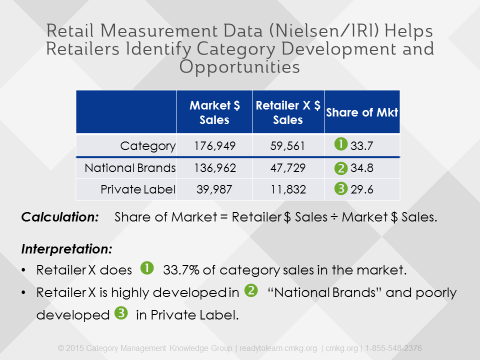






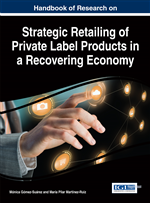


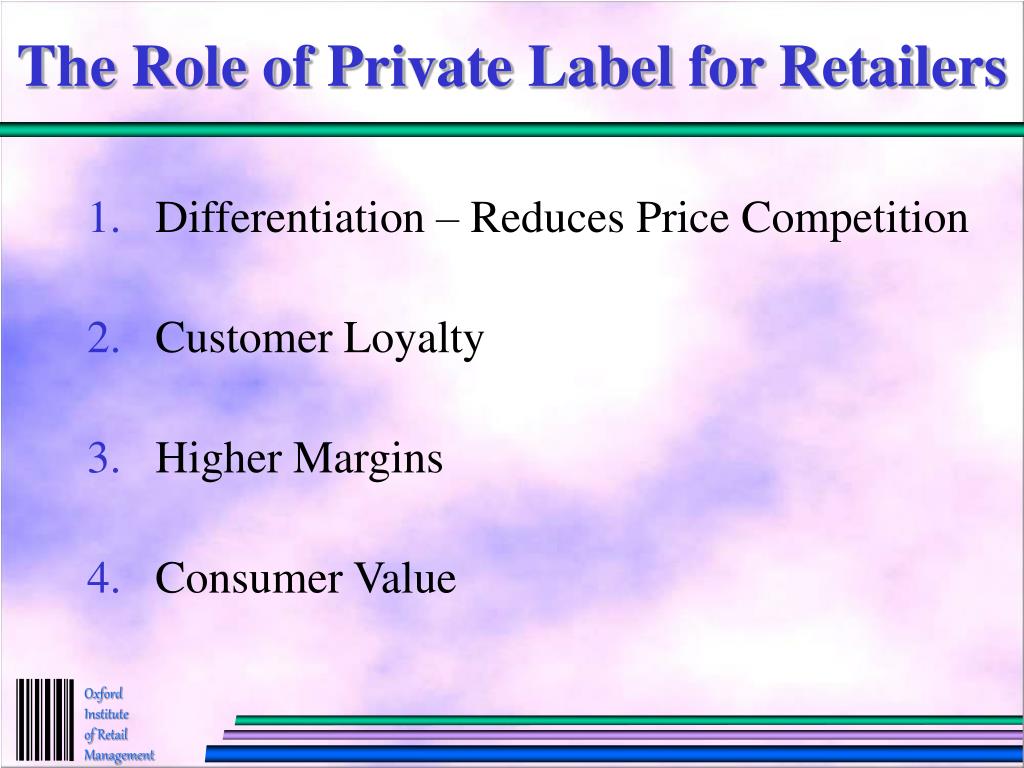



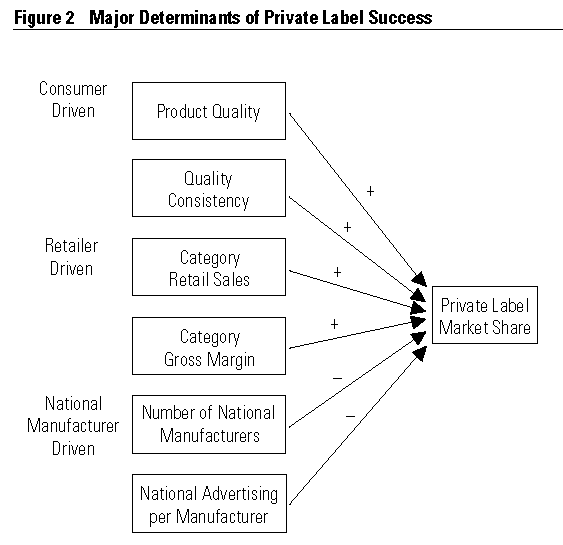



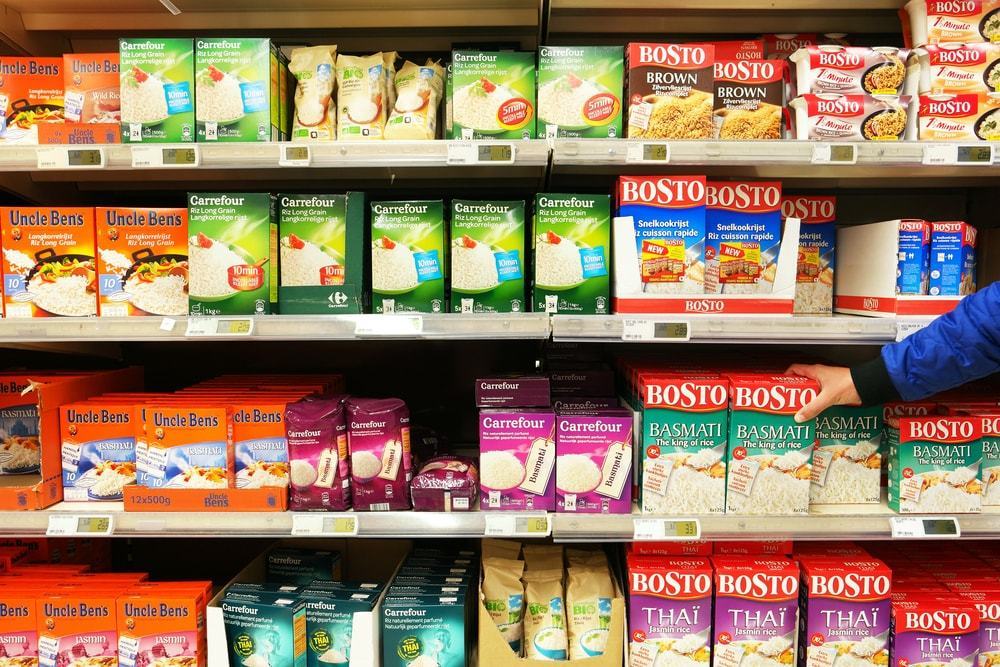
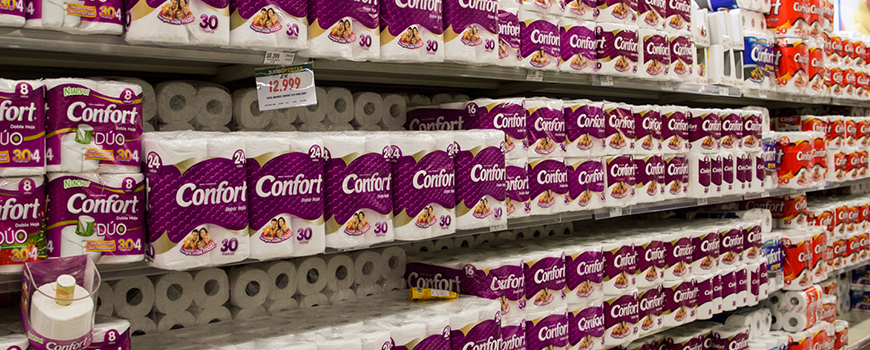
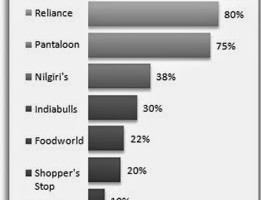


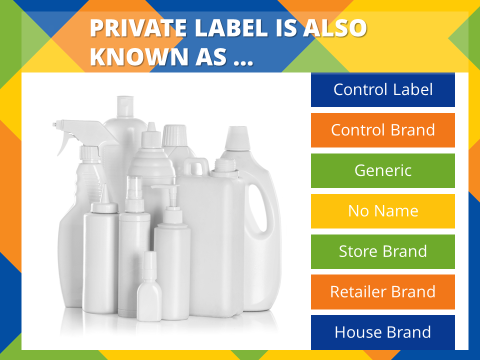


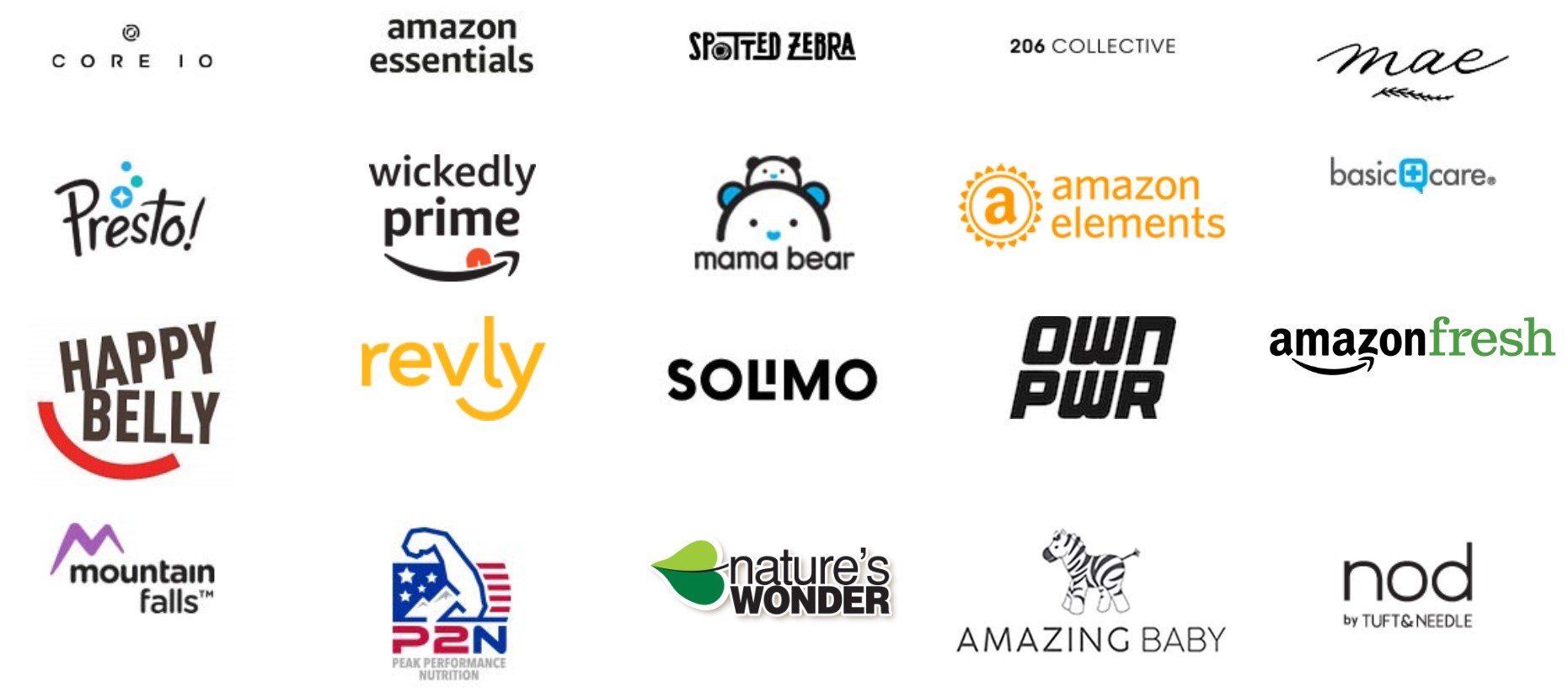
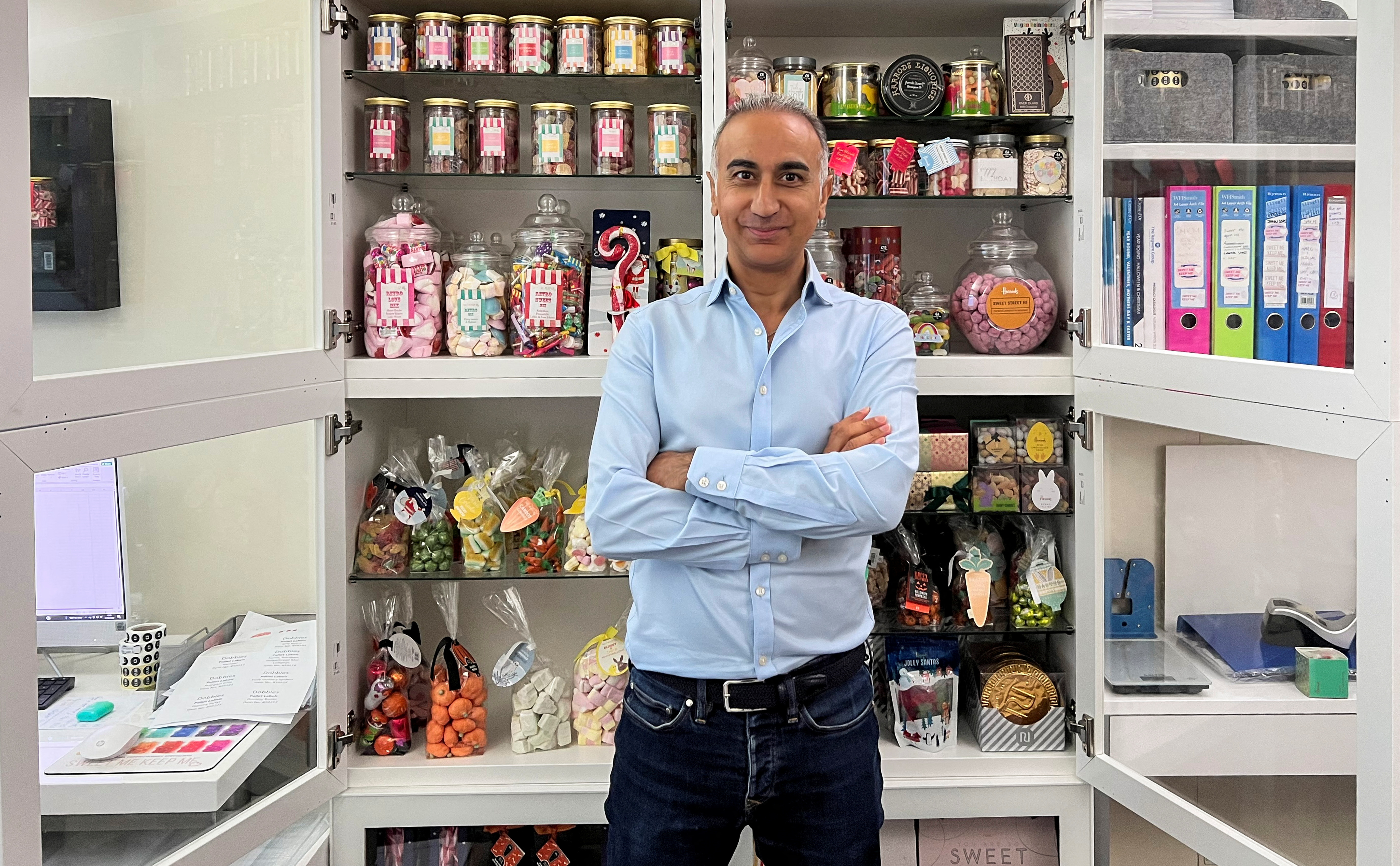

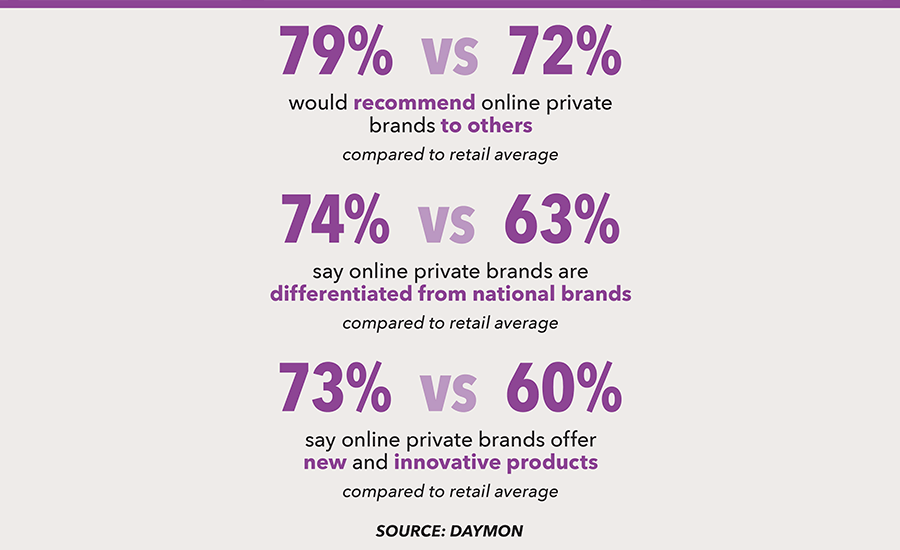
Post a Comment for "42 role of private labels in retail"